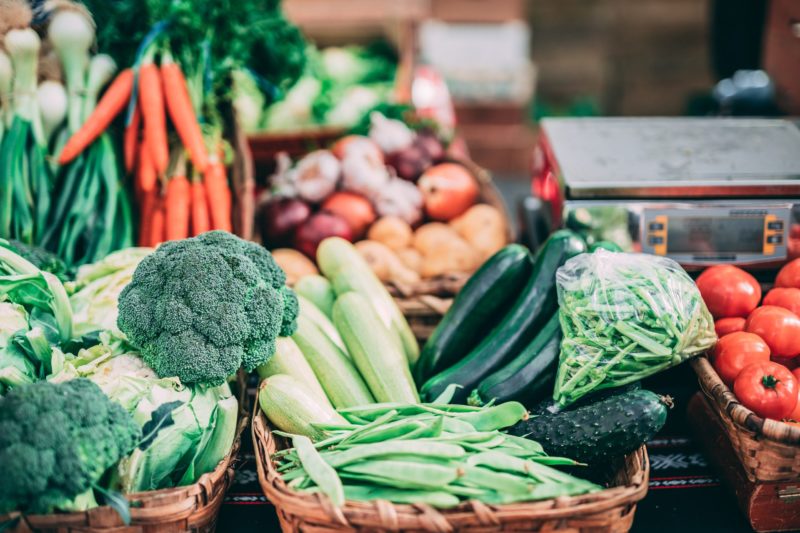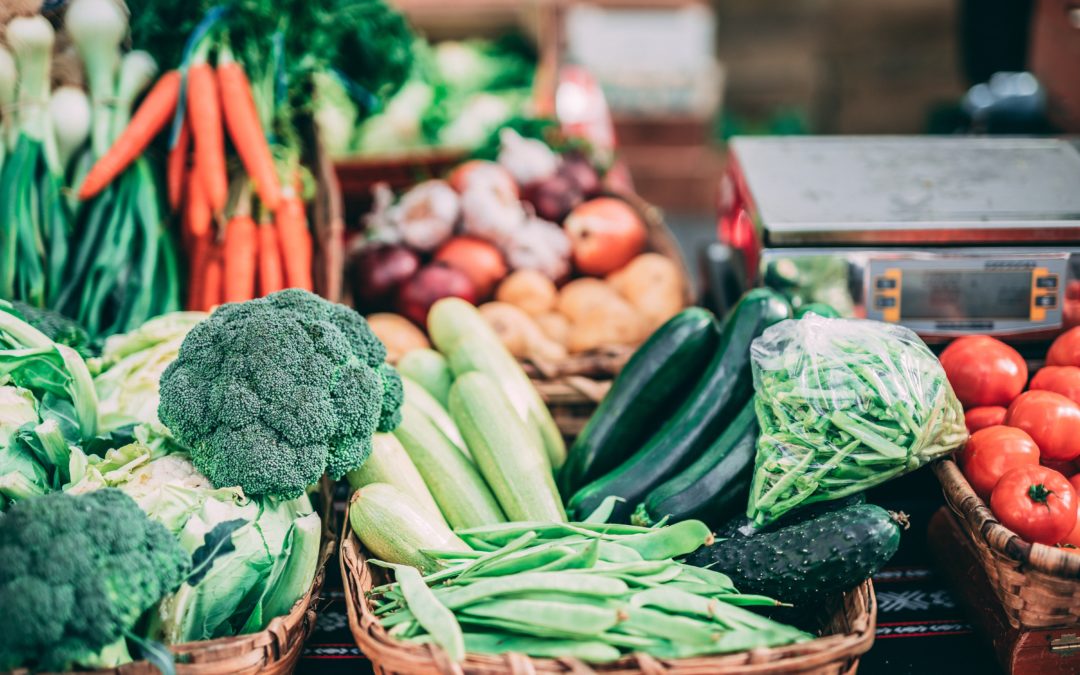
Everyone eats food. Food helps us to function and survive. However, low-income and marginalized communities often lack convenient places that offer affordable and healthy foods, these areas are known as food deserts.
Food deserts are defined as regions where people have limited access to healthy and affordable food. However, it is important to note that food justice leaders are urging us to rethink the use of the term, and instead use “food apartheid”. Food apartheid is a system of segregation that divides those with access to an abundance of nutritious food and those who have been denied that access due to systemic injustice. This may be due to having a low income or the need to travel farther to find healthy food options. Having a child with special health care needs or a disability can both raise costs and lower earnings, making it harder to meet basic needs such as food. Therefore, many households with CYSHCN and disabilities are vulnerable to food insecurity. The odds are against low-income Black CYSHCN families.
In the Pacific Northwest, Black Food Sovereignty Coalition the aims to stabilize food systems infrastructure for marginalized communities. There are other groups and work being done across the U.S. to address food apartheid.


